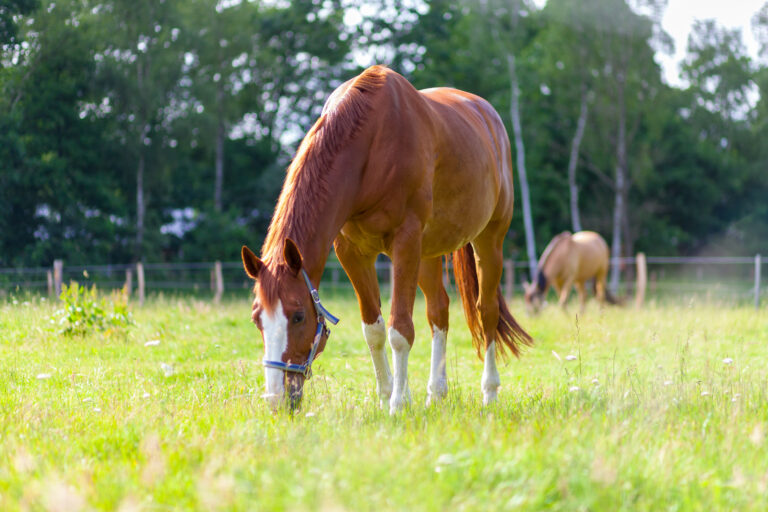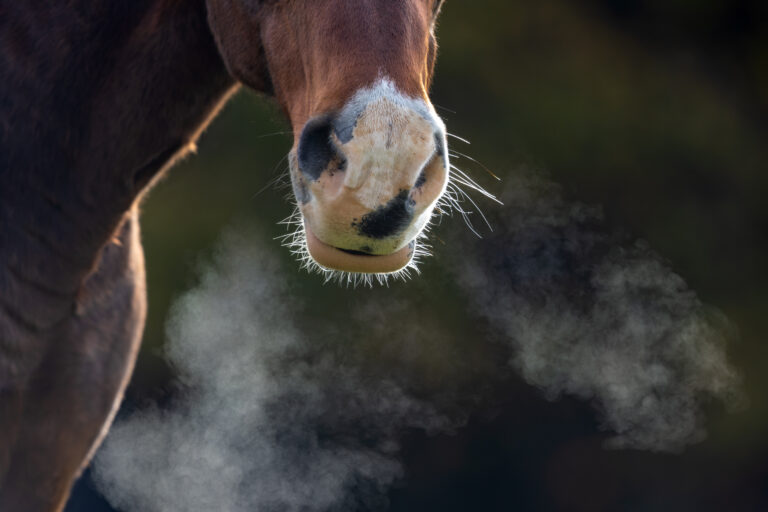
Just out of veterinary school and seeking a job in your new career? Putting together your resume? What sorts of qualities do prospective employers look for in job applicants?
A recent study in the UK evaluated three months of 395 veterinary job advertisements specifically targeting new graduates [Perrin, H. What are Employers Looking for in New Veterinary Graduates? A Content Analysis of UK Veterinarians for Job Advertisements. Journal of Veterinary Education Oct 2018].
While many characteristics were advertised, here is a list of the 10 predominant qualities mentioned, in order of frequency:
- Enthusiasm
- Interest in a particular area of practice
- Being an “all-rounder” with a broad range of skills
- Good communication skills – with clients and colleagues
- Teamwork
- Client care
- Independence
- Caring
- Ambitious
- High clinical standards
Included under the concept of good communication skills is the ability to know one’s limits, honesty and being able to listen.
Clients want their veterinarians to be confident, kind and capable when working with the animals, and compassionate, so these are qualities employers also seek in their associates.
Based on this study, the number one characteristic emphasized as important to employers is enthusiasm—it was listed as a criterion in 40% of job openings. Enthusiasm is usually coupled with other qualities such as “employee engagement, involvement, commitment, passion, energy, focused effort, and work satisfaction.”
Noted in one-quarter of job listings, another valuable selling point for a job applicant to highlight is development of a “marketable” skill set in particular field.
While prospective employers want to hire a veterinarian who is well-versed in a broad range of skills, it is desirable that this person also be motivated with a special interest. A job applicant with a special interest might translate those skills into the practice as additional services and expertise provided to existing clients. The associate’s special interest also could serve as a means of attracting new clients. In addition, a practice that encourages and supports a veterinarian’s special interest helps to improve that person’s job satisfaction and helps reduce the incidence of burnout.









